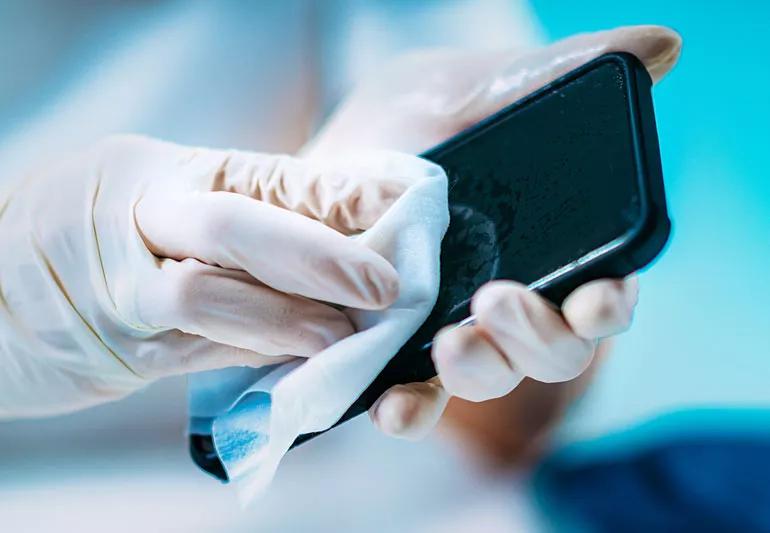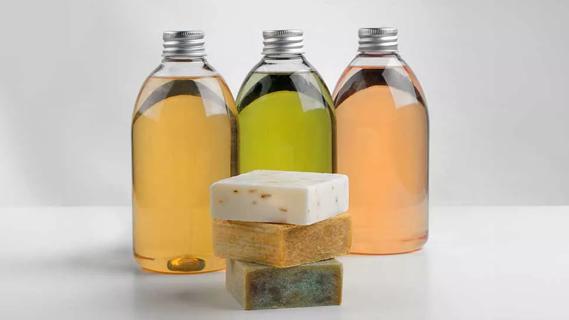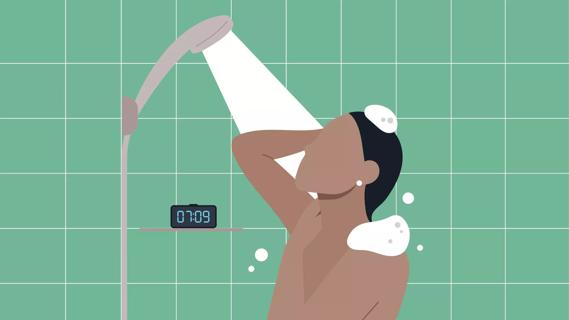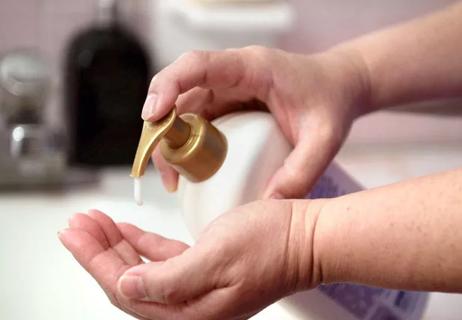12 ways to use the versatile liquid

You probably have an old bottle of rubbing alcohol collecting dust in the back of your bathroom cabinet, but it never occurs to you to actually use it. Well, it might deserve a second look.
Advertisement
Cleveland Clinic is a non-profit academic medical center. Advertising on our site helps support our mission. We do not endorse non-Cleveland Clinic products or services. Policy
Rubbing alcohol (more formally known as isopropyl alcohol) has a variety of uses for health, hygiene and household. Some of them might surprise you, so we spoke with Sarah Pickering Beers, MD to learn more about how to use this versatile tool and how to be safe when using it.
Rubbing alcohol’s claim to fame lies in its disinfecting powers: It can kill many bacteria, viruses and fungi.
The rubbing alcohol you buy at the drugstore is a mixture of isopropyl alcohol and water. It comes in different strengths, ranging from 50% to 90% isopropyl alcohol. “Lower concentrations aren’t as good at killing germs,” Dr. Beers says. “But very high concentrations can be harsher when used on the skin. The 70% variety tends to be a good choice for most household uses.”
And there are a whole lot of uses. Here are 12 ways to put rubbing alcohol to good use.
Alcohol is handy for disinfecting household tools like thermometers, scissors and manicure tools. You can even use it to clean makeup brushes: Swirl the brush in a small cup of rubbing alcohol, then allow it to air dry. There’s a chance alcohol can damage delicate surfaces like the protective coatings on some glasses lenses so use caution when trying it on a new tool.
Advertisement
Use rubbing alcohol to zap germs on high-touch surfaces like your phone, keyboard and computer mouse. Use a small amount on a cloth to wipe surfaces clean. “In this case, 90% isopropyl alcohol is a good choice since it evaporates faster than lower concentrations,” says Dr. Beers.
Rubbing alcohol can get rid of the bacteria that leads to armpit stink. Wipe or spritz the lower or middle concentration alcohol onto clean pits to stop the odor-causing germs in their tracks (but you probably don’t want to do it right after shaving — it can sting).
If it works on your pits, why not your sneakers? Mist alcohol inside your shoes to kill the bacteria behind funky foot odors.
Alcohol is an astringent, which tightens pores. Some people swear by it as a way to tone and tighten the skin after cleansing. But a word of caution: “Alcohol can be drying, so it isn’t the best choice for sensitive or acne-prone skin,” says Dr. Beers. “If you do try it, make sure to use a moisturizer afterward.”
Blend two parts 70% rubbing alcohol with one part aloe vera gel to make your own hand sanitizer. You can add in a few drops of essential oil to make it smell good.
Pliable gel ice packs are handy for treating injuries and muscle aches. If you don’t have one, you can use alcohol to make your own. Mix one part 70% rubbing alcohol with three parts water and seal in a zip-top plastic bag. Freeze until it’s semi-solid, and wrap with a cloth before applying to bare skin.
Earring holes are easily irritated, especially when they’re newly pierced and still healing. Gently wipe the holes with rubbing alcohol to disinfect and clean them.
Has your everyday jewelry lost its shine? Use a soft cloth to rub alcohol onto jewelry to get rid of germs and surface grime.
Alcohol can kill germs and make surfaces squeaky-clean. Because it evaporates quickly, it can shine up chrome fixtures or stainless-steel appliances without leaving water spots. “Just take care on porous surfaces,” Dr. Beers advises, “as alcohol might damage materials like wood or granite.”
Ink residue smudging up your dry erase board? Try wiping it clean with alcohol to get rid of the stains.
Don’t fret if you lost your ice scraper. Try alcohol instead. Spray frosty windows with a mix of one part water and two parts rubbing alcohol.” Alcohol freezes at a much lower temperature than water,” Dr. Beers points out. “The solution will melt the ice, then evaporate before it has a chance to refreeze.”
Voila! Clear views ahead.
While alcohol is handy, it is a chemical with potential dangers. According to Dr. Beers:
Advertisement
When handled with care, though, there are good reasons to keep a bottle of alcohol dusted off and ready to help with cleaning, disinfecting and more.
Advertisement

Sign up for our Health Essentials emails for expert guidance on nutrition, fitness, sleep, skin care and more.
Learn more about our editorial process.
Advertisement

Bathing once a day is the general guidance, but you could also have reasons to soap up twice a day or not at all

You’re sharing your sheets with dust mites, bacteria and lots of dead skin, so you’ll want to keep your bedding fresh

You may notice itching, redness and swelling after wearing or using laundered items

We don’t fully understand how cleanliness impacts immune system development, but we do know that preventing illness is important

An icy blast may boost mental clarity, increase circulation and give your skin a little glow — but don’t overdo it

This olive oil-based soap is generally mild and safe when diluted

It’s a wash — when you bathe is a personal preference

Try turning the heat down on the water and opting for a moisturizing soap

Even small moments of time outdoors can help reduce stress, boost mood and restore a sense of calm

A correct prescription helps your eyes see clearly — but as natural changes occur, you may need stronger or different eyeglasses

Both are medical emergencies, but they are very distinct events with different causes